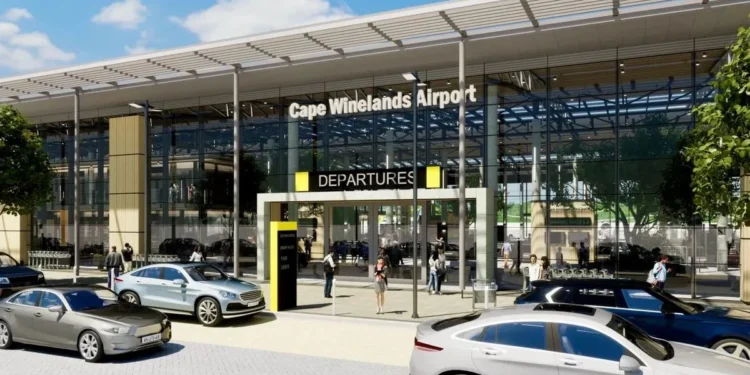African countries are still far from realizing a fully integrated continent, promoting inter-African trade, free mobilization of technology & skills, and free movement of people. African Visa Openness Index (AVOI) findings show a slight improvement on visa policy, with some countries easing the process while others tightening, leading to additional inconveniences.
Launched in 2026, AVOI measures the extent to which an African can travel to another African country through a comprehensive analysis on visa openness drawn from a set of metrics from a country’s visa policy. Visa openness refers to the ease with which a traveller can obtain a legal entry authority to a particular country. It is easier to travel in a more visa-open country than the one with layers of restrictions.
The foreign policy of a nation, which determines the degree of relations with other nations, is frequently correlated with its visa policy. Some African nations have enacted restrictive laws that prevent foreign nationals from traveling, possibly as a result of economic concerns about losing jobs and business opportunities, migration, and security issues frequently associated with terrorism.
By 2024, up to 26 African nations had abandoned the traditional visa authorization process in favor of Electronic Visa Authorization (ETA). Even though it is the most flexible and nimble way to get into another country, there are costs associated with each one, and some are much more difficult to apply for.
The AVOI report places African countries on three different bands: visa-free entry, visas on arrival, and visas ahead of travel and e-visas. For 28% of intra-African travel, Africans do not need a visa; 25% of the countries allow Africans to obtain visas upon arrival, while 47% of African countries require African travellers to obtain visas before travelling.
Four Afrian countries, including Benin, Seychelles The Gambia and Rwanda offer visa-free entry to the rest of the African continents, while 33 of 54 countries offer visa-free travel to at least 10 other countries. 29 countries require a visa, a head of travel from citizens of at least half of the countries on the continent.
The report also shows that at least 26 countries have adopted e-visas as of 2024, which comes with multiple advantages compared to the traditional visa, such as convenience, reduced risk, less cost, efficiency, better data capture, and more visitors. However, the process of obtaining the e-visas should have increased transparency, security, efficiency, and technical reliability, as the AVOI report suggests.
Regional Econmic Communities have shown a slight increase in visa openness performance, with ECOWAS leading in visa-free reciprocity, scoring 99%. IGAD scored 14%, which is the least on visa-free reciprocity and highest on visa-on-arrival.
The East African Community (EAC) has almost all its member states offering visa-free reciprocity except for Somalia, recently admitted to the bloc. Rwanda is the state on the bloc that does not require citizens from the rest of the continent to obtain a visa. Arab Maghreb Union (AMU) scored second-best (70%) on visa-free reciprocity among its regional members.
Western Sahara, Sudan, Libya, Equatorial Guinea, Eritrea, South Sudan, and Egypt are the top five countries with the least visa openness in 2024.
Top 10 African Countries with Most Visa Openness
Source: African Visa Openness Index/AVOI







